Warm weather is quickly approaching - have you had your HVAC system serviced yet?
Whether it's a central or window system, your air conditioning equipment requires a bit more attention than simply turning on your thermostat. Both types require proper maintenance before the summer months to ensure their efficiency, long functional life, and - most importantly - to avoid leaks.
A leaking HVAC system - especially one that goes undetected - can result in thousands of dollars in property damage to your apartment, and to your neighbors’. Below is a quick checklist of things your HVAC service provider should be doing during your summer start-up.
- Clean all filters
- Clean and power wash your outdoor condenser - if required, chemically clean or power wash your coils also
- Check how much electrical amperage the motors are drawing
- Check how much electrical amperage the compressors are drawing
- Check all wired connections and controls
- Replace batteries in all thermostats and thermostat remote controls
- Lastly and most importantly, be sure to flush all the HVAC unit’s drain lines, and test each line with a small flow of water to ensure there are no clogs. A clogged HVAC drain line will result in a backup of water which can cause damage to the HVAC unit and your property.
It's also a good time of the year to service your SubZero refrigerators. Technicians follow a similar punch list to the one mentioned above when servicing SubZero appliances.
Have a wonderful spring season!
Kole Palushaj is founder and president of the Illyrian Building Managers Association - learn more here.



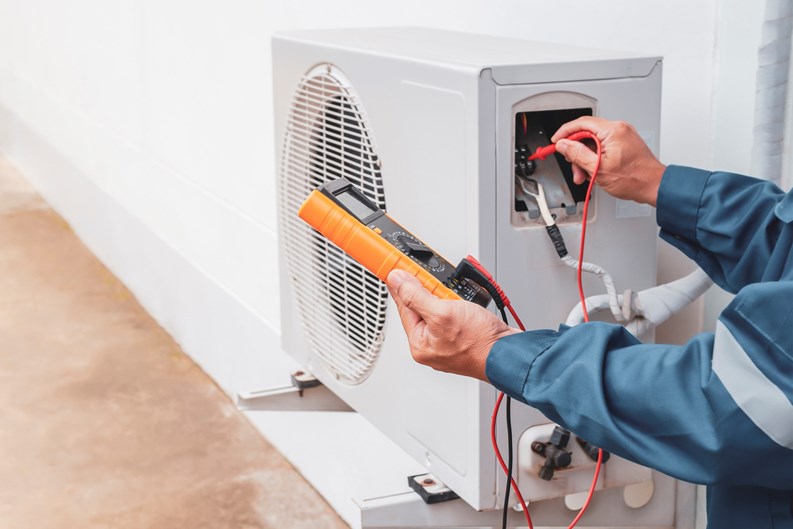
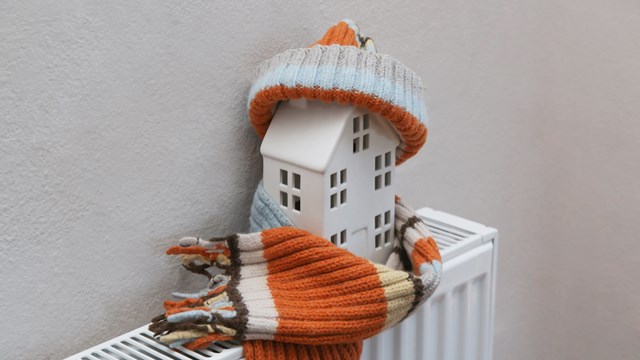
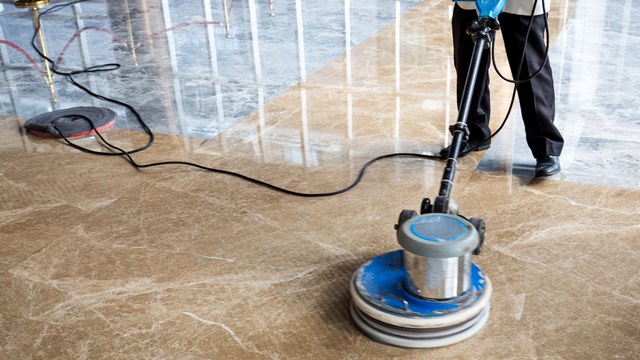
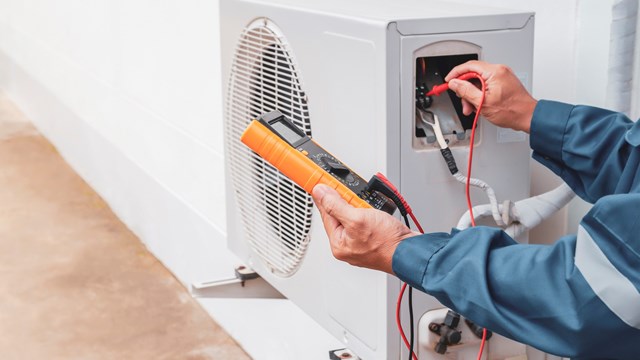
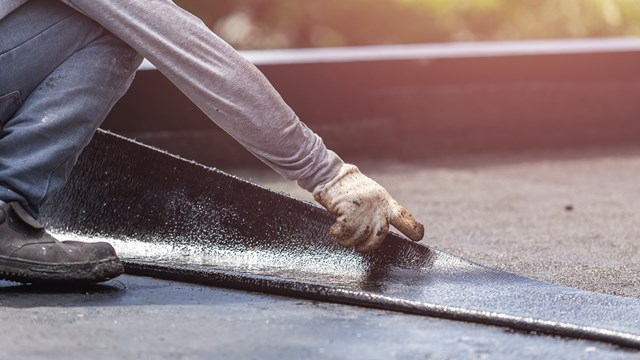
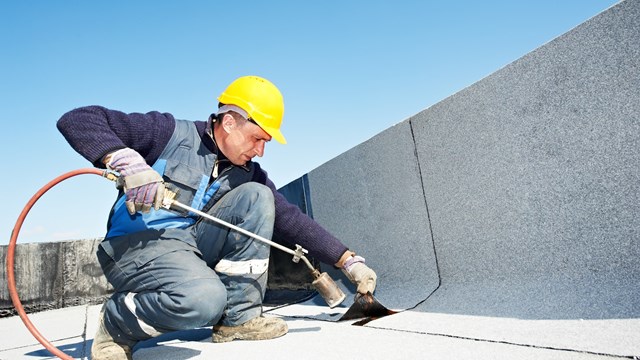
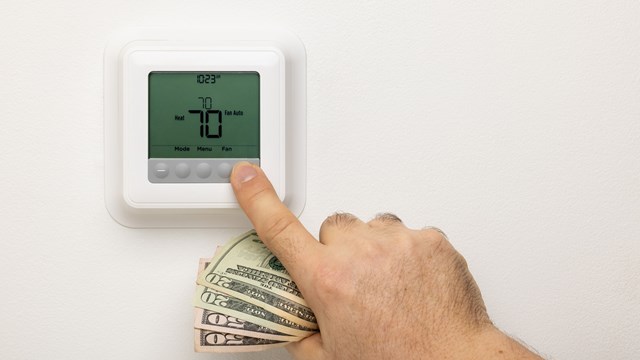
Comments
Leave a Comment